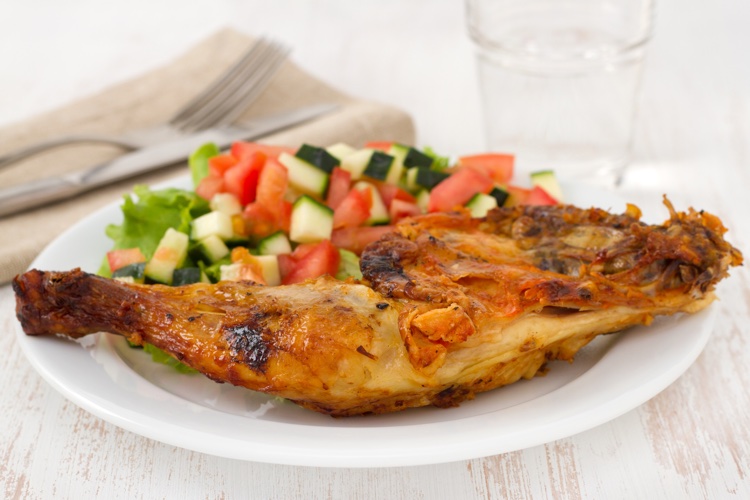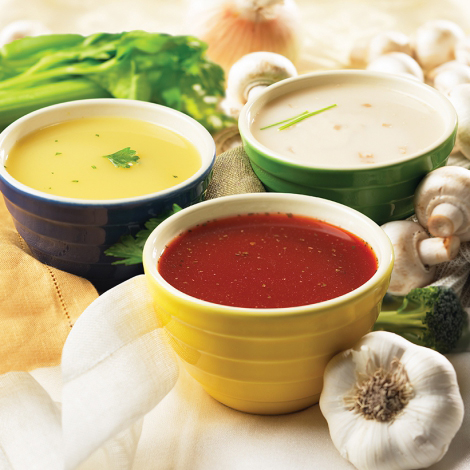Gastric bypass surgery is a life-saving procedure that will lead to weight loss, but it isn’t a free pass to stop thinking about nutrition for the rest of your life. Immediately after the surgery, patients need to go through a special diet that consists of clear liquids, pureed food, and soft foods in order to recover. After that point, patients can return to a relatively normal diet of solid food, but some restrictions are still necessary for people who want to stay healthy after their surgery. It’s best to get specific advice from a doctor if there is any question as to whether a food is acceptable or not, but there are a few general things that everyone should keep in mind for long term nutrition after gastric bypass surgery.

Avoid Dumping Syndrome
Dumping Syndrome is a digestive problem that occurs after people consume too much fat or sugar in a short period of time. The body deals with the excess by forcing it out of the stomach and into the intestines before it is digested, which leads to nausea, cramping, sweating, and diarrhea. The symptoms only last for a couple of hours, but they are intensely unpleasant during that time.
Avoid this problem by avoiding foods with that are high in sugar, refined carbohydrates, and fats. The risk also decreases if you eat slowly and chew your food thoroughly before swallowing.
Choose Protein and Vegetables
Protein and vegetables should make up the majority of your diet. Protein should be prioritized since the body needs it to help preserve muscles and heal after the surgery. It’s best to get this protein from sources that have relatively little fat, such as lean meat and tofu. Supplement this with vegetables to make sure that you get a sufficient supply of vitamins. Carbohydrates should be a distant third choice, and they should only be consumed in moderation.
Prioritize Nutrient Density
Gastric bypass surgery reduces the amount of room in the stomach, so you need to eat relatively small servings to avoid overfilling it. This means that nutrient density is vital. Choose foods that pack a lot of nutritional value into a relatively small package. That rules out most highly-processed foods but leaves most other options that are high in protein and vitamins.
Stay Hydrated
This surgery does not reduce your body’s need to water, but it does make it harder to drink large quantities of water at once. Most people need approximately 64 ounces of water per day. In order to make sure that you get an adequate supply, try to slowly sip on a drink throughout most of the day. The exception to this rule is the half hour before and after meals since drinking then can interfere with your ability to eat adequately. Remember that many prepared drinks contain sugar or other undesirable ingredients, and that water is always the safest choice.
Eat Carefully
There are a few things to remember while eating regardless of the foods that you choose. Cut the food into small bites before eating, and always chew slowly and carefully. Eat slowly to make sure that you don’t overfill yourself by accident. Avoid snacking as much as possible to make sure that you don’t ruin your diet and stop yourself from meeting your health goals.


Diet is the mainstay of a patient who has undergone a bariatric surgery . In fact healthy eating patterns should ideally begin even before the surgery. Starting on a slightly higher protein diet with lots of fluids before the surgery helps the patient to prepare for the post-surgery diet better. A lower calorie, lower carbohydrate, higher protein diet is useful not only before the surgery but also after the surgery.